Discover State of the Human
State of the Human

State of the Human
Author: Stanford Storytelling Project
Subscribed: 182Played: 3,695Subscribe
Share
© All rights reserved
Description
State of the Human, a podcast of the Stanford Storytelling Project, shares stories that deepen our understanding of single, common human experiences—belonging, giving, lying, forgiveness—all drawn from the experiences and research of the Stanford community.
76 Episodes
Reverse
“Back to the Garden” tells the story of an organic farming couple, Jose and Rich, who are committed to sustaining the environment . . . and who don't believe in climate change. This episode explores how that dissonance might be possible, the power of language, and whether or not the term "climate change" will help save the planet.
Produced by Anna McNulty, Shameeka Wilson, and Laura Joyce Davis.
Max Du is so obsessed with whales that his childhood friends call him Orca Boy. But when a SeaWorld trainer named Dawn is killed by an orca and there's public backlash against SeaWorld, his love for whales turns to shame. Years later he meets a whale trainer named Lyndsey, who was Dawn’s best friend. As Max and Lyndsey learn together the complicated dance of grief, loss, and healing, they find in their friendship a way to reclaim a part of themselves they thought was lost.
This story was produced by Max Du and Carolyn Stein with support from Laura Joyce Davis and the Stanford Storytelling Project. Max Du is a computer science Ph.D. student and Knight-Hennessy Scholar at Stanford University. By night, he is a writer interested in immigrant experiences and the human-animal relationship. In addition to working on pieces for the Storytelling Project, he is currently doing fieldwork for a non-fiction book that features the oral histories of whale & dolphin trainers. When he’s not wrangling robots or making friends with whale trainers, Max also enjoys improvising on the piano and listening to Jimmy Buffet.
In this story about connection outside the bounds of physical space, time, and life experience, an unlikely friendship buds during uncertain times.
Producer: Anastasia Sotiropoulos
Featuring: Adamu Chan, Michelle Chang, and Anastasia Sotiropoulos
Referenced research:
“State can be held liable for San Quentin COVID deaths, court rules,” https://www.sfchronicle.com/politics/article/covid-liability-prisons-18404372.php
“Another San Quentin Inmate Dies From COVID-19 Complications, CDCR Says,” https://youtu.be/3Tp--1L-5Gg?si=TAkNg0O9ZRkmOKhu
“Court Orders Immediate Release Or Transfer 1,700 San Quentin Prison Inmates Over Virus Outbreak,” https://youtu.be/UX-h-QkTPSs?si=hQXeIxFTv9MIptjO
Music by Blue Dot Sessions, tracks listed below:
The Gran Dias, Highway 430, KeoKeo, For We Shall Know Speed, Scarlett Overpass, Valantis Vespers, Trenton Channel, Shepman, Hermes Gray, Pulse, JR Nara, Footsteps on Alden, A Little Powder, Gothrd
Carolyn Stein grew up with music like Avril Lavigne and The Marianas Trench – classic, trashy pop punk. But she never considered herself much of a punk rocker, until she took a little trip to the East Bay to a tiny venue called 924 Gilman Street. But soon after Carolyn discovers this venue, she learns that it may be at risk of closing. What will be lost if this venue closes?
Welcome to Paradise was produced by Carolyn Stein, Ana De Almeida Amaral, and Max Du, with support from Laura Joyce Davis and the Stanford Storytelling Project.
Whether you have a tattoo or not, we are all familiar with the stigmas that are commonly held against tattoos. Where does this aversion come from? What do these taboos say about history? What do they say about us? In this story, Keoni Rodriguez shares how his tattoos helped him reclaim his indigenous Hawaiian heritage, connect with his ancestors, and begin to heal a history of colonialism and erasure. Tattoos and Taboos was produced by Ana De Almeida Amaral, Natasha Charfauros, Mikayla An-Yee Chen, & Chloe Gabrielle Mendoza, with support from Laura Joyce Davis and the Stanford Storytelling Project. A special thank you to Keoni Rodriguez for sharing his story with us.
Alina Wilson and Alex Strong sit down with Kaitlyn Auth and Charlie Darracott for a story craft conversation about the story behind creating Keep Stanford Wrestling.
In the spring of 2020, Stanford University made the decision to cut 11 of their varsity teams due to financial issues and lack of success. This episode follows the men’s wrestling team and their coaches in the months following the decision to cut their team as they navigate the challenges of fighting for their spot back.
As an added bonus to our Reclaiming series, we’re including conversations with the creators who made them to give you a behind-the-scenes look at the craft of audio storytelling.
In this episode, Alex Strong talks with Aru Nair, the creator of Journey Through Generations, the second story in our Reclaiming series.
In this episode, the 2nd in our Reclaiming What's Been Lost series, Aru Nair goes on a journey to India to understand how oral tradition preserves cultures. But when a surprise trip to her father's home town shows her a side if him she's never seen, she emerges with a new understanding of how the stories we tell shape the people we become.
Little Tokyo is a small neighborhood in Downtown Los Angeles. Since 1905, it has been home to generations of Japanese Americans. Today, gentrification is threatening to destroy everything these families have built. This episode tells the story of one community's struggle for survival and the ways in which historical development has both fractured and solidified its people. For some, home is a bed one sleeps in. For us, home is Little Tokyo.
What would you do for the sake of a story? In this live story, recorded at the 2024 Senior Story Slam, Alina Wilson shares the story that spawned this series on Nakedness for State of the Human.
Growing up with Indian immigrant parents in a Wyoming college town, Aru was used to the tension of what her parents expected her to be and the person she was actually becoming. In this story, recorded at First Person Story in April of 2024, Aru takes the risk of emotional nakedness with her mom–even though it may leave her feeling exposed.
www.firstpersonstory.org
www.storytelling.stanford.edu
Being naked–or seeing others naked–can evoke a firestorm of emotions . . . everything from freedom to vulnerability to sensuality to shame. In three stories pulled from the Storytelling Project archives (created in 2012) we explore the glory and grit of stripping down.
Destiny Cunningham learned shame early. The comments that teachers, church leaders, and other kids made about her body led her to wear clothes like armor, hiding herself from others so she wouldn't be noticed. Years later, Destiny and her friends decide to visit a nudist retreat in the hopes that she'll learn how to become naked without feeling exposed.
Eating is one of life’s great pleasures, but what about the pleasures that come with sharing your food with others? In this episode, we’re looking at how the act of feeding can bring people together. We’ll hear the tale of an unlikely pet, a meditation on cannibalism, and a story about children on a rooftop garden in San Francisco.
What do we gain from gathering? In this episode, we’re thinking about how coming together can change us. We’ll hear about a citizen-led clean-up movement in India, a Bay Area artist who forms an unlikely friendship with a church in Colorado, and a student who experiences the power of connection at a living museum on Stanford campus.
Producers: Isabella Tilley, Tanvi Dutta Gupta, Regina Ta, Adesuwa Agbonile, Aparna Verma, Victoria Yuan, Patricia Wei, Hannah Scott, Jenny March
Featuring stories produced by Tanvi Dutta Gupta, Regina Ta, and Adesuwa Agbonile. The stories feature the work of the Experience Sankofa Project (Venus Morris, Mizan Alkebulan-Abakah, Sizwe Andrews-Abakah), the artwork of Stanford professor Enrique Chagoya, and the grassroots-organized Ugly Indian Movement in Bangalore, India. Also featured in these stories are the voices of Frank Omowale Satterwhite, Jeanette Smith-Laws, Dereca Blackmon, and Persis Drell.
“Le Songe d’Halcohii” - Sunhiilow - From There to Here
“Awakenings” - Ketsa
“Clouds at the Gap” - Blue Dot Sessions - Zander
“Throughput” - Blue Dot Sessions - Holyoke
“Louver” - Blue Dot Sessions - Holyoke
“Willow Belle” - Blue Dot Sessions - Little Rock
“Soothe” - Blue Dot Sessions - Bodytonic
“Songe d’Automne” - Latché Swing
This episode investigates the act of preserving, a decision made in the present, regarding the past, looking towards the future. What can we learn from what we choose to preserve? What does preserving reveal about our values?
Producers: Cat Fergesen, Karen Ge, Regina Kong, Liv Jenks, Andy Lee, Lola McAllister, Carolyn Stein, Allie Wollner, and Grace Zhang
Music:
Traveler by Alexander Nakarada
http://oroclick.com/Celtic-music/3_Traveler.php
Teals Descending Upon the Level Sand, Lo Ka Ping:
https://freemusicarchive.org/music/Lo_Ka_Ping/Lost_Sounds_of_the_Tao/lokapingtealsmp3
Mountain Breeze, Purple Planet
https://www.purple-planet.com/mountain-breeze
We visit five places on campus where future doctors are learning how to practice medicine. We’re going to real classrooms: anatomy lab and wet lab, lecture halls, we visit a Stanford Free Clinic, bike across campus to the mausoleum, and head down the road to Webb Ranch. We’re asking: How are students learning to practice medicine, thoughtfully?
Producers: Victoria Yuan, Aparna Verma, JJ Kapur, Sarah Griffin, Esha Dhawan, Linda Liu, Christy Hartman, and Gaby Li
What ideas exist behind material objects? In this episode, we’re going to look at stuff—things we can see or hear or touch—to try to understand the intangible, like memory, history, and bias.
Producers: Adesuwa Agbonile, Jett Hayward, Yue Li, Jenny March, Isabella Tilley, Melina Walling, Val Gamao
In this episode, we’re going to think about death. All things must come to an end, but that does not mean death is all ending. We ask -- what can death teach us about life?
Featuring special reflections on death at the beginning and end of the show by Lazarre and Simone Elias, aged 6 and 9.
Producers: Aparna Verma, Isabella Tilley, Will Shan, Lena Lee, Regina Kong, Alessandra Wollner
Show Music:
Téki (with Les Gauchers Orchestra), Lee Maddeford, Instrumentals
kate bush, johnny_ripper, epilogue.


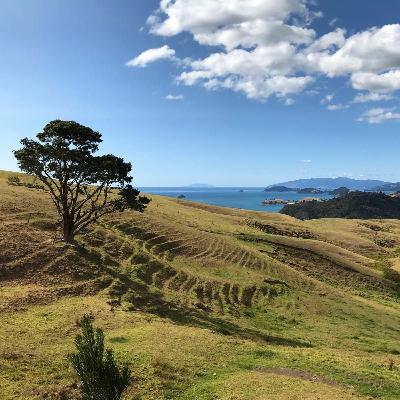
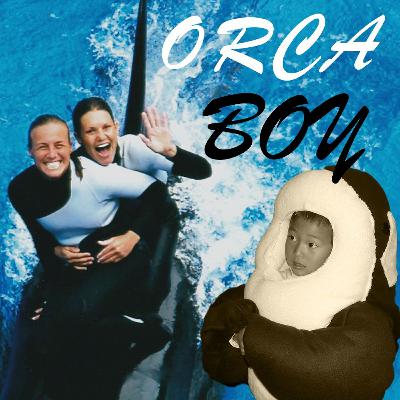
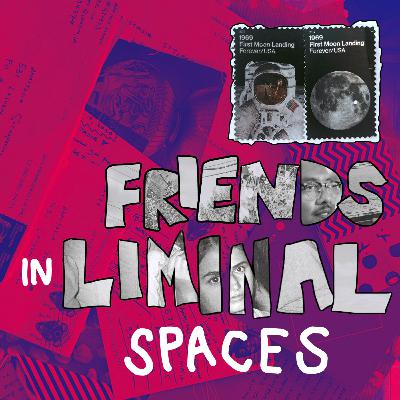
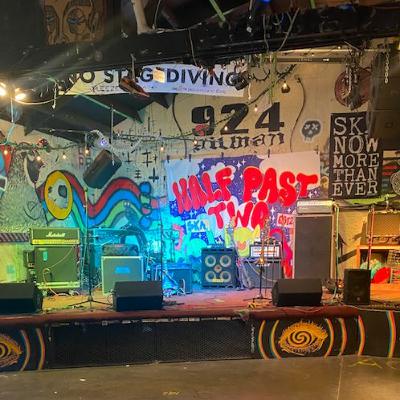
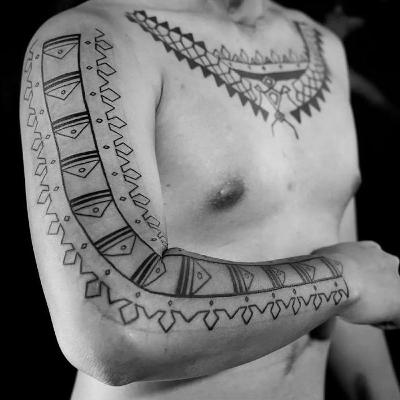
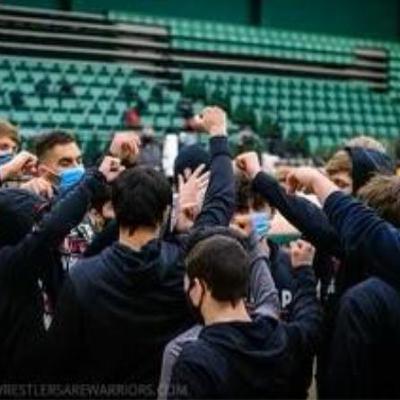
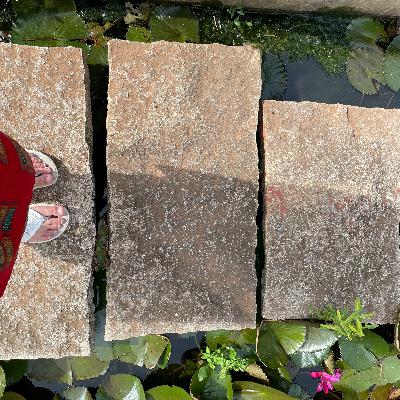
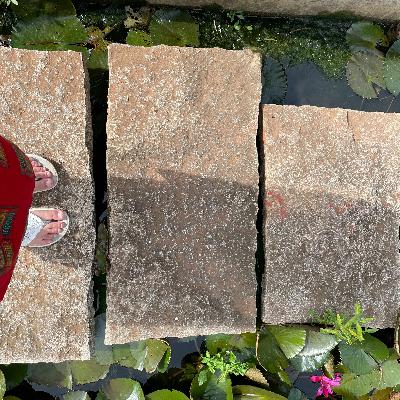
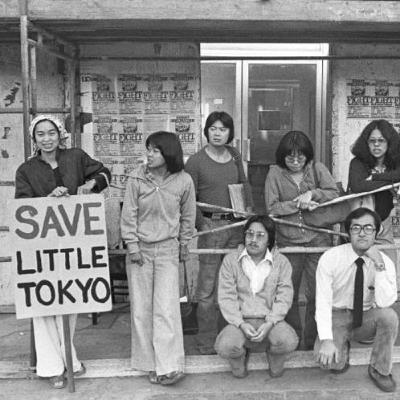
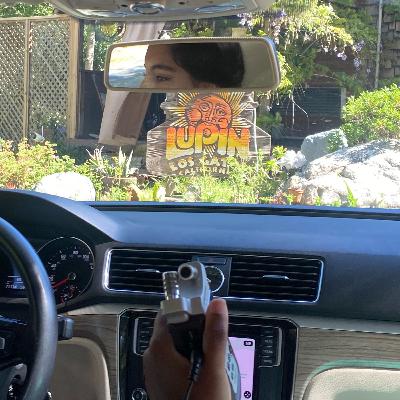
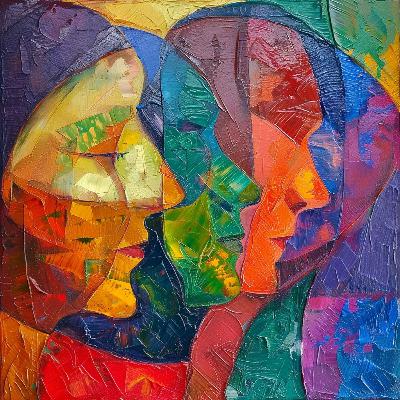

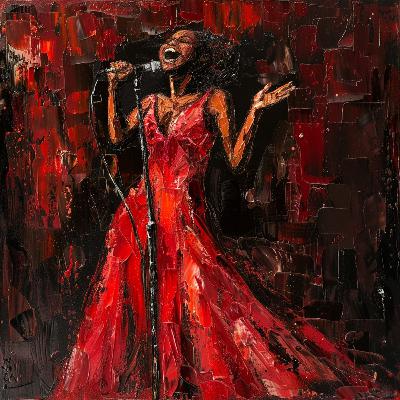


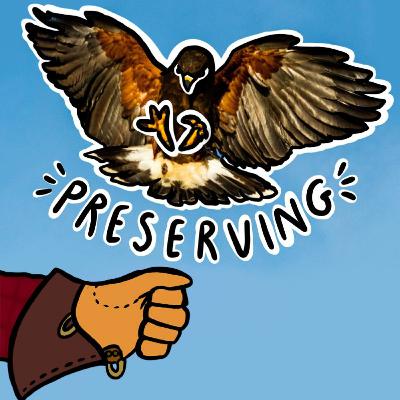
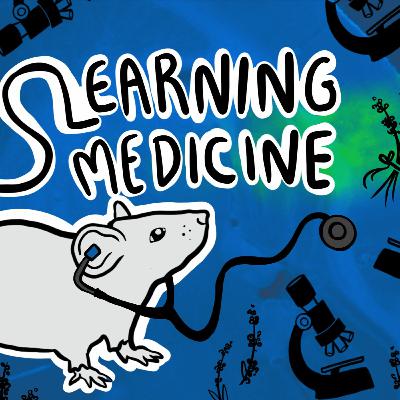





PLEASE COME BACK & MAKE MORE AMAZING EPISODES!!
ABSOLUTELY FASINATING PODCAST!!!
Thanks for featuring our music! -Dan and Forget the Whale www.facebook.com/forgetthewhale